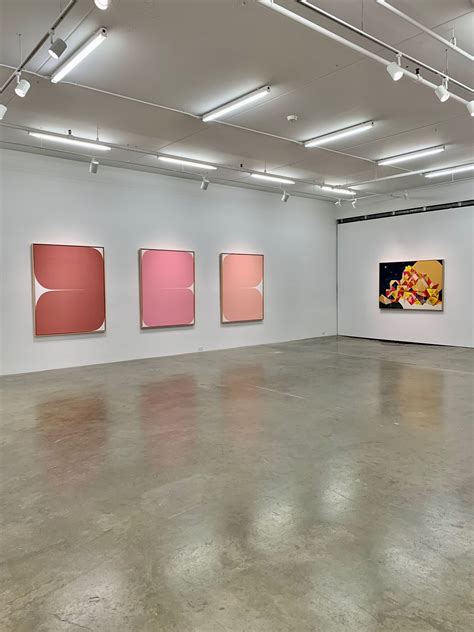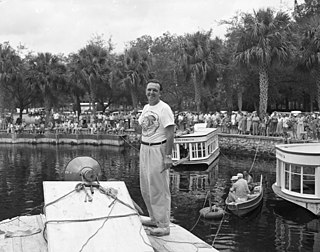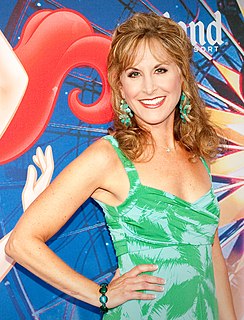A Quote by Matt Bomer
I had just finished reading The Day of the Locust when this piece was brought to my attention, and I was like, "How do you create art in the system, the way it is?" Looking around the studio film landscape, there are all of these great superhero movies, which is fantastic, especially for my kids, but it's hard to find real art house films in the studio system, these days.
Related Quotes
European films had art. And it was easy to make a European film. They didn't come from the studio system, they weren't shot in sound studios, and that's a good thing, because in the studio system those movies would never have had a chance. And since we were coming from Europe, it was natural for us to use that simple style. Small budgets, less equipment, that was just how it was.
Charles Laughton, who's a great hero of mine, only ever made one film and it happens to be one of the great films ever, which is 'The Night of the Hunter.' It's full of his kind of imagination and creation and how you do things and just in the way he used the studio, I just thought it was a fantastical way of using the studio.
For a while, all the studios had their art-house divisions, but that went by the by pretty quickly. Now, they're really focusing on these huge blockbusters, spending a fortune on cartoon pictures and comic-strip movies and superhero movies, and they aren't making pictures like 'How Green Was My Valley,' which was an Oscar winner in its day.
When I lived in New York, there wasn't as much TV or film around. I got asked to do a couple of indie films, just based on me being from The Smashing Pumpkins and A Perfect Circle. I did a couple of indie movies from Japan and one from Canada, and I thought it was an exciting, fun thing to do. I had a great time doing it, it was just that, in New York, there really wasn't as much. My studio in New York closed, so I moved out to L.A. and just started looking into composing as another thing to do, as a musician. I like it a lot. It's fun and it's a different way of thinking about music.
There tends to be a sort of mundane quality to what I select - things from around the house, around the studio. I'm not ashamed of the craft shop - the art supply store - and I don't need my work to be anti-art store, but I also believe in using things that are just sort of around - it makes sense to me.
All I've learned is that you need the studio system sometimes, if your budget is a certain size, and other films you can do independently. When I think of a studio, I generally think of distribution. Since I'm a director, I have a similar creative experience on every film I do, because I can control that. But then it's a different film, I think, as it reaches the public, depending on the way it's marketed. I don't know. I haven't learned much of anything. Sometimes you need them, sometimes you don't. Sometimes they want you, most of the time they don't.




































